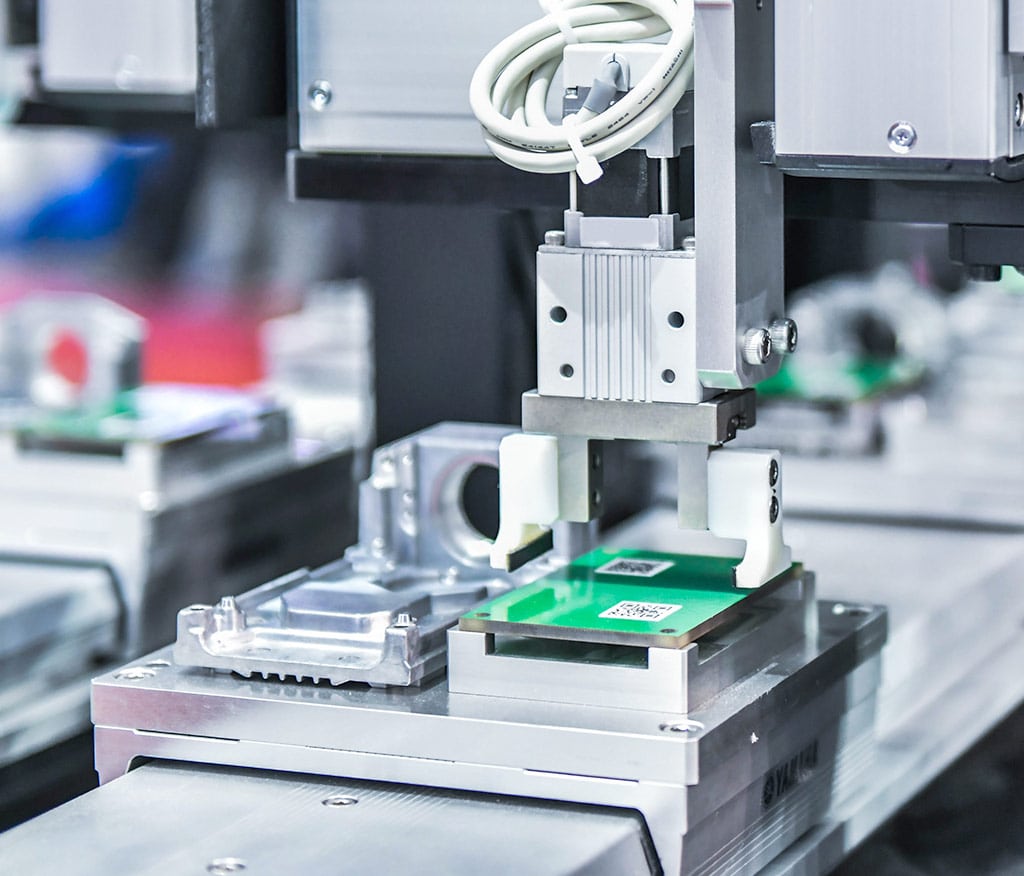
Supply chain issues have become something to get accustomed to since the pandemic first began in 2020, effectively disrupting the world’s manufacturing and shipping capabilities and forcing many businesses to find new ways to work around supply chain disruptions. We’ve seen the ports be congested with cargo ships having to sit out on the water for days, weeks, or even months, the fire at the AKM factory effectively creating a vacuum of demand for TCXOs as well as IC shortages, largely driven by pent up automobile demand. All of which stemmed from the pandemic and the resulting supply chain issues.
However, while we may have passed the two-year mark of the start of these issues, the end is unfortunately nowhere in sight. Other factors such as the ongoing war in Ukraine as well as new COVID-19 policies that were issued in China are now further putting pressure on supply chains and shipments around the world.

The war in Ukraine, among the other catastrophes it has caused, has put a new kink in the global supply chain. Russia has closed its airspace, which has forced cargo planes, moving shipments to and from Asia and Europe, to fly longer routes to avoid Russian airspace. Some companies are even cancelling flights due to the extra cost from having to fly around the restricted airspace.
Furthermore, due to many factories in Russia and Ukraine closing in response to the war, shortages of many critical components may be imminent. Both Russia and Ukraine are some of the world’s largest sources of palladium and neon gas, with Ukraine producing about half of the world’s supply. Both of these are vital in creating computer chips and with the other factory closures, it spells out an increased shortage for both semiconductor computer chips and motor vehicles.
As for the current situation in China, a zero-tolerance policy has been issued for key cities, such as Shanghai, Shenzhen and Changchun, affecting the over 50 million people who reside there. These policies are in response to a surge in the number of omicron variant COVID-19 cases throughout the region.
The ensuing lockdowns have caused over 50 factories to shut down, including industries such as electronics, consumer products, and automotives. Highway exits near Shanghai and surrounding cities have been shut down or require drivers to present a negative PCR test before being allowed to continue into the city, causing a backup of trucks trying to transport necessary goods both to and from factories that are still operating. Some ports and factories are attempting to get around the new policies by having workers live on location as this allows for them to decrease potential infections while remaining open during the outbreak.

While some ports and factories are still able to continue manufacturing, the goods have no where to go as they are unable to ship anything out. Major shipping carriers such as DHL, FedEx, and UPS have released statements on whether or not service still remains open for certain cities and districts during the new COVID policies. Depending on the city and district, shipments may either be completely suspended or may have to be set aside for sanitation before being allowed to enter or exit the country.
Unfortunately, most of these issues cannot be predicted and we can’t know the full extent that either the war in Ukraine or the shipping and factory stoppages in China will have on supply chains. Shortages may get worse before they get better as both of these issues continue to affect businesses around the globe. Currently, all that can be done is to try to be prepared for what may come, and to find ways around the shortages as we did before.
At Suntsu we are dedicated to our customers and are always trying to stay on top of supply chain disruptions to make sure we get our customers what they need in a timely fashion. For any questions regarding parts, samples, or lead times, please reach out to us and one of our team members will be happy to assist you with whatever your needs may be.
Stay safe and let’s create what’s next together.